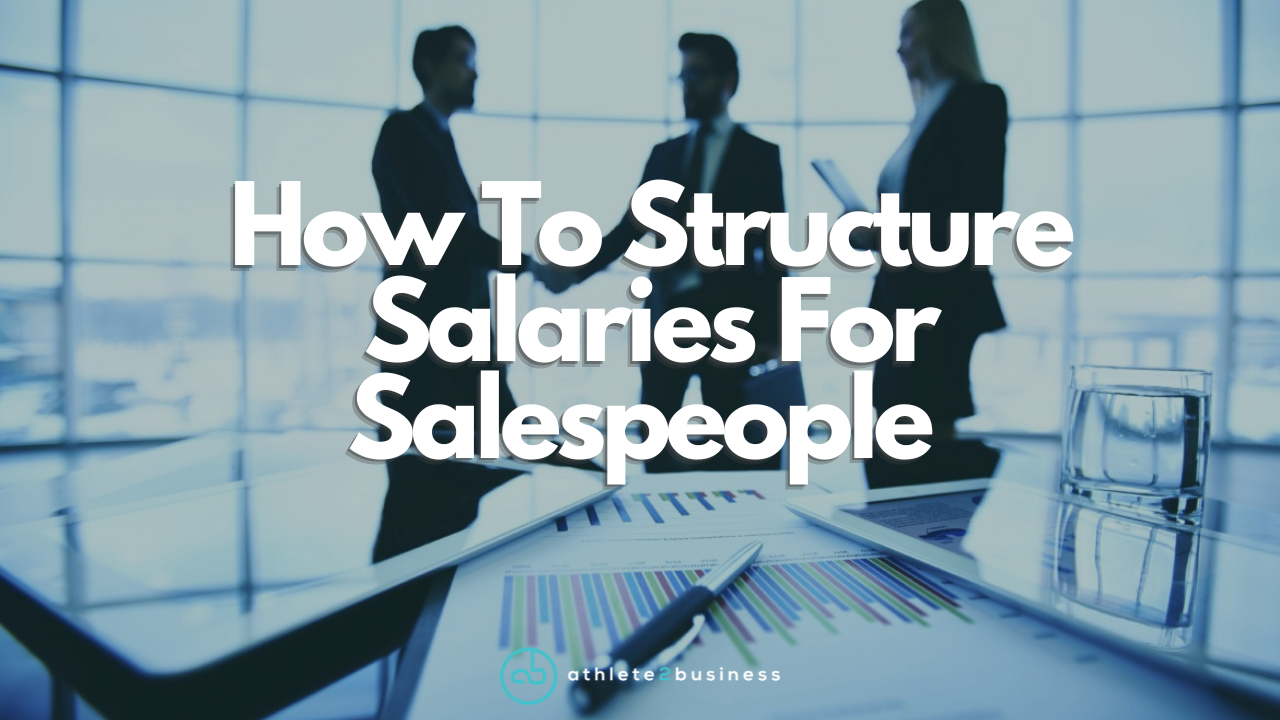How To Guarantee ROI From Your Sales Hire
How To Guarantee ROI From Your Sales Hire
Hiring the right sales professional is a pivotal decision that impacts the future of your business. With the right person on your team, the return on investment (ROI) can be extraordinary. However, to guarantee that ROI, it’s essential to look beyond industry-specific experience and focus on the core traits that drive sales success. A high-performing salesperson doesn’t just close deals; they build relationships, endure setbacks, and deliver consistent results. Let’s explore the key elements that will help ensure you get the most from your sales hire.
Focus on Skills Over Industry Experience
While industry experience and a robust network can be beneficial, it’s important not to prioritize these qualities over foundational sales skills. A candidate’s ability to sell is far more indicative of future success than the industry they come from. Here's why:
- Industry Knowledge Isn't Always Transferable: Having a vast network or previous industry experience might offer initial advantages, but it doesn't guarantee long-term success. A great salesperson knows how to adapt to different markets and can build relationships from scratch, regardless of their prior knowledge.
- Core Sales Skills Matter Most: Focus on whether the candidate can conduct successful discovery calls, actively listen to prospects, and understand their needs. These skills are essential for identifying pain points and presenting your product as the solution.
The Athlete Mindset: Resilience, Discipline, and Grit
The athlete mindset is essential for a high-performing sales professional. Just like elite athletes, top salespeople need resilience, discipline, and grit to thrive. These traits ensure they can navigate rejection, stay focused under pressure, and continually push for growth.
- Resilience: In sales, rejection is inevitable. A "no" doesn’t demoralize high performers; instead, they bounce back quickly, learn from their experiences, and stay focused on their goals.
- Discipline: Successful athletes follow structured training routines, and so should your sales team. Consistent effort, structured sales processes, and a focus on follow-ups are essential for generating long-term results.
- Grit: Persistence is key in sales. High performers stay dedicated to the grind, even when the results aren’t immediate. The best salespeople push through obstacles, keep refining their strategies, and maintain their drive even when facing challenges.
CHEC: The Four Pillars of Sales Success
The CHEC framework is a comprehensive approach that ensures your sales hire has all the tools needed to succeed in a competitive environment. CHEC stands for Communication skills, Humble Confidence, Emotional Intelligence, and Commercial Awareness. Let’s break down each of these:
- Communication Skills: Effective communication is the backbone of sales. High-performing salespeople can tailor their message to the needs of each client, actively listen, and ensure clear, persuasive conversations. Their ability to communicate trust and value makes them stand out.
- Humble Confidence: Confidence is important, but it must be balanced with humility. A successful salesperson exudes self-assuredness but is also open to feedback and learning. This creates an authentic connection with clients, making them feel valued rather than pressured.
- Emotional Intelligence (EQ): Salespeople with high EQ are adept at reading and responding to the emotional cues of clients. Whether it’s handling objections or navigating a delicate negotiation, emotional intelligence allows them to connect with clients on a deeper level, build rapport, and foster long-term relationships.
- Commercial Awareness: A great salesperson understands more than just their product—they know the market, their competition, and what drives their clients' business. Commercial awareness allows them to offer tailored solutions and position themselves as trusted advisors, not just vendors.
Bringing It All Together: How to Guarantee ROI
To ensure ROI from your sales hire, combine the athlete mindset with the CHEC framework. This integrated approach fosters resilience, skill, and emotional intelligence—all crucial elements for long-term sales success.
- Resilience + CHEC: When your sales hire combines emotional resilience with strong communication skills and EQ, they’re equipped to manage rejection and turn prospects into clients with ease.
- Discipline + Commercial Awareness: A disciplined approach to the sales process, paired with commercial awareness, allows your hire to stay consistent in their efforts while strategically positioning your product in the market.
- Grit + Humble Confidence: Persistence and a growth-oriented mindset, combined with humble confidence, will enable your sales hire to overcome challenges, learn from their experiences, and ultimately, build stronger relationships with clients.
Final Thoughts
The key to guaranteeing ROI from your sales hire lies not in finding someone with the perfect network or the most relevant industry experience, but in hiring someone who has the right mindset, skills, and emotional intelligence. By emphasizing the athlete mindset—resilience, discipline, and grit—along with the CHEC framework—communication skills, humble confidence, emotional intelligence, and commercial awareness—you’ll set your sales team up for sustained success.
With the right traits and approach, your sales hires will not only meet but exceed your expectations, driving consistent revenue and building lasting client relationships. It’s about investing in the right people, fostering their growth, and ensuring they have the tools needed to thrive in an ever-changing sales landscape.
News




